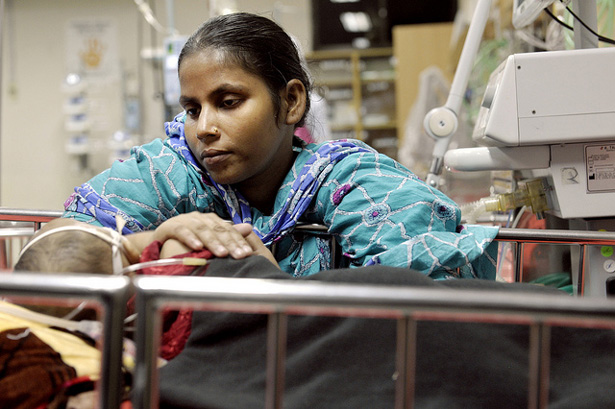-
Sam Loewenberg, The New York Times
Learning From Failure
February 5, 2013 By Wilson Center Staff
The original version of this op-ed, by Sam Loewenberg, appeared in The New York Times.
Americans love success stories. Go to the web sites of the United States Agency for International Development, the Bill and Melinda Gates Foundation, or a plethora of global health and development organizations, and you’ll find articles, charts, and videos documenting their triumphs and innovations, with the promise of more on the way.
Beyond simply doing good, there’s an impetus to show success: nongovernmental organizations, contractors and researchers want a good track record, funding officials must show they are spending wisely, and journal editors want to highlight breakthroughs.
But “success stories” are rarely the whole story. Global health and development projects frequently go off course, and it’s not unusual for them to fail outright. What is unusual is for researchers to openly discuss their failures. That’s a shame, because it’s a basic principle of science that you get things right by analyzing what went wrong.
So it was a pleasant surprise when, last summer, researchers at Mumbai’s City Initiative for Newborn Health published, in the journal PLoS Medicine, the disappointing results of their three-year effort to implement a community-based maternal- and infant-health initiative in the city’s slums.
Continue reading in The New York Times.
Sources: Bill and Melinda Gates Foundation, PLoS Medicine, USAID.
Photo Credit: “Mother and Child at Disease Research Centre in Dhaka,” courtesy of United Nations Photo.
Topics: development, Dot-Mom, gender, global health, India, maternal health, poverty, urbanization, USAID
 A Publication of the Stimson Center.
A Publication of the Stimson Center.



